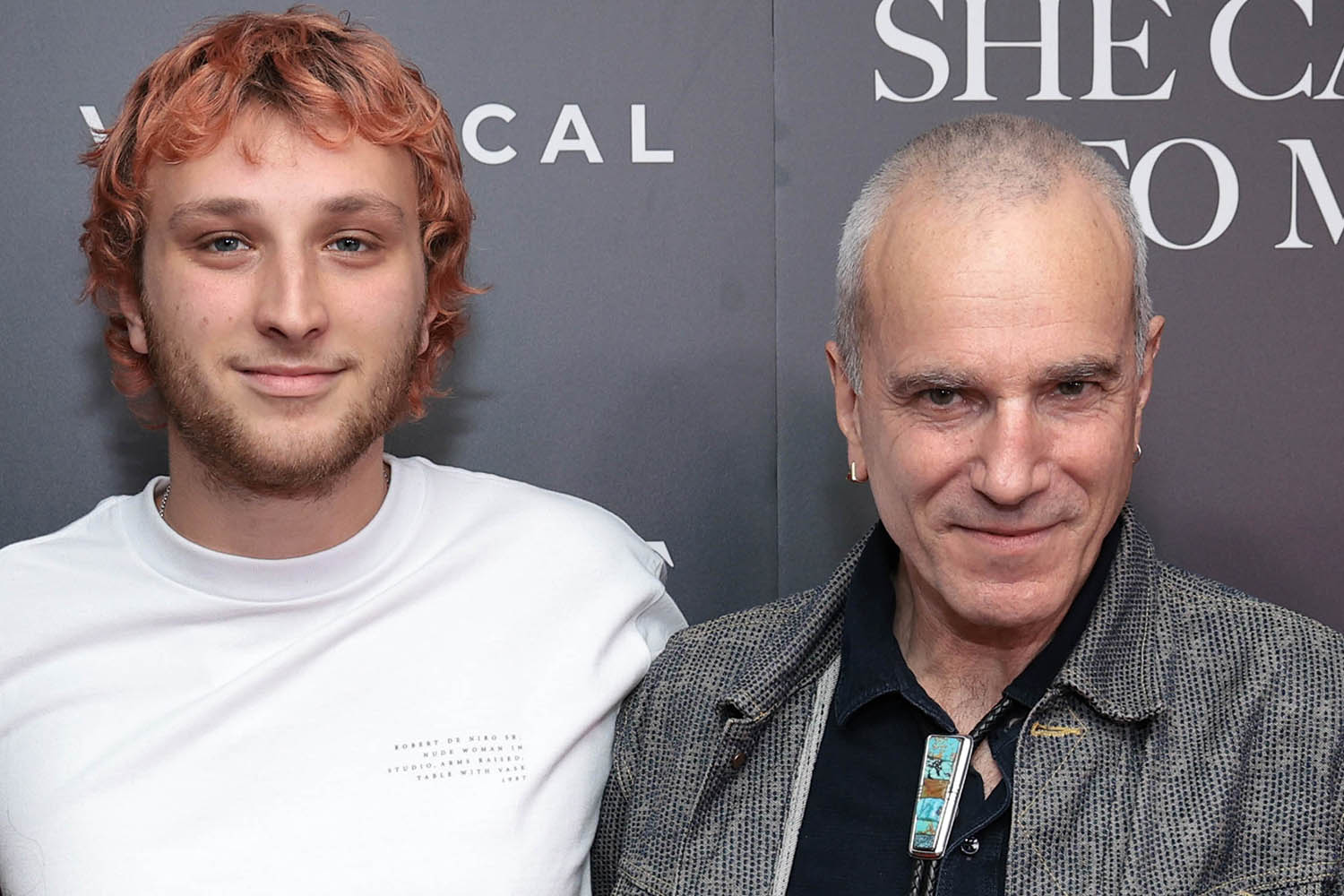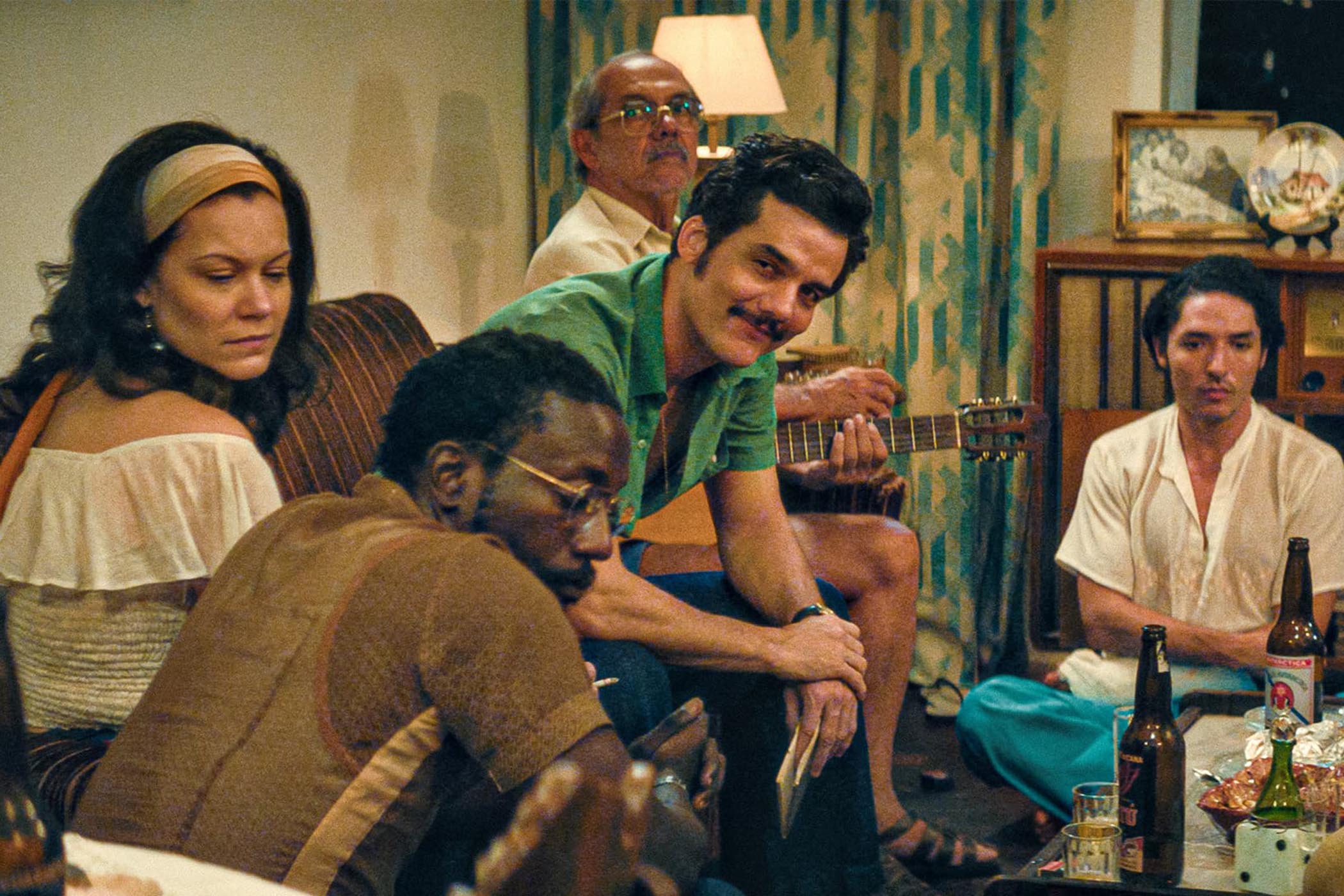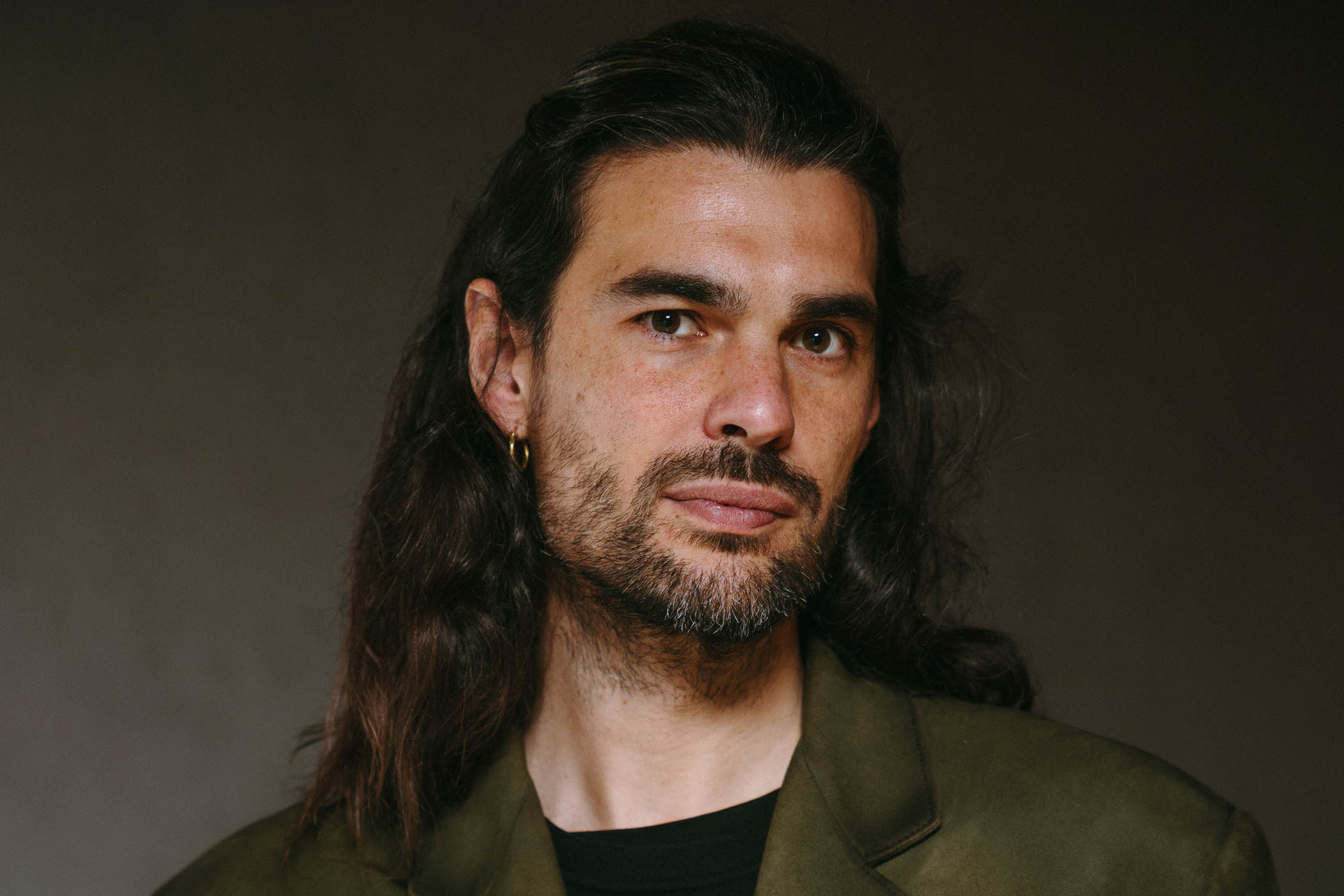What happens when the nepo debate inconveniently attaches itself to someone whose work you respect? There’s excitement about triple Oscar winner Daniel Day-Lewis returning to acting to star in the film Anemone. It will be the first time since the actor retired in 2017 after Paul Thomas Anderson’s Phantom Thread (he also retired in 1997 to train as a cobbler). Maybe the reason Day-Lewis is involved – also co-writing – is that Anemone is the directorial debut of his son, Ronan.
There it parps, the nepo-klaxon, and it would be hypocritical to ignore it. It can’t be unbridled scorn for Brooklyn Beckham alone flexing the family name and a wave-through for others. I’m not dismissing Ronan, a Yale art graduate. I loved the 2009 film Moon, by David Bowie’s son, Duncan Jones. Nevertheless, Ronan would have been unlikely to get this opportunity without his connections. A big “dad” move from Day-Lewis too: the instinct to help his child seemingly propelled him out of retirement.
I’ve long thought that nepotism is more about parents – saying a weak yes instead of a strong no – but is it yet more layered? In this increasingly volatile debate, the nepo parent is usually framed as conniving, entitled, intrinsically powerful. Viewing them as compelled, overwhelmed, even helpless when it comes to their children, recalibrates the image. Which is also true for those without connections and advantages, but the impulse is the same. Seemingly, very few – even Daniel Day-Lewis – can perhaps withstand it.
Newsletters
Choose the newsletters you want to receive
View more
For information about how The Observer protects your data, read our Privacy Policy
In more film news, there have been horrified reactions at Dallas test screenings for the forthcoming adaptation of Wuthering Heights, starring Margot Robbie and Jacob Elordi.
Directed by Emerald Fennell (Promising Young Woman; Saltburn), the film has been described as “aggressively provocative”. There is talk of “stylish depravity” involving bondage, suggestive images of egg yolk; even rigor erectus, an erection at the point of death.
I now have a wonderful mental image of the Dallas test audiences screaming for the smelling salts and collapsing with the vapours. It’s interesting to note that characters are labelled “unlikeable”. Is this because the Heathcliff of the novel – narcissistic; vengeful; abusive – is such a lovely chap?
Maybe this will – finally! – see off The Cult of Heathcliff, which promoted the harmful idea of the smouldering bad boy anti-hero (I love Kate Bush, but she knows what she did). Some of us have been wondering for a while how Heathcliff keeps getting away with it. Maybe Fennell’s film will do womankind a feminist service and put us off him.
A rare copy of JRR Tolkien’s The Hobbit, discovered in a house clearance, just sold for £43k at auction. A book specialist observed that people dream of finding such items in their home. Absolutely, though I’m not harbouring high hopes for my mouldering stack of Ruth Rendells. I’m not even sure I deserve a valuable cultural discovery. As a music journalist, I treated my records – sorry, “vinyl” – extremely badly: scratching them, throwing them around.
It’s a recurring gripe of mine that, unlike contemporaries, I have no immaculately preserved musical curios to delight collectors, or even myself.
I just looked in the shed (where I bunged the vinyl) and The Situation has escalated: rotting covers; scurrying insects; I’m pretty sure my copy of Tori Amos’s Little Earthquakes “moved”. I’ve gone from being ashamed of my vinyl to being actively scared of it; on the verge of contacting pest control. Never mind rare finds, some of us don’t deserve anything nice at all.
Photograph by Dimitrios Kambouris/Getty



